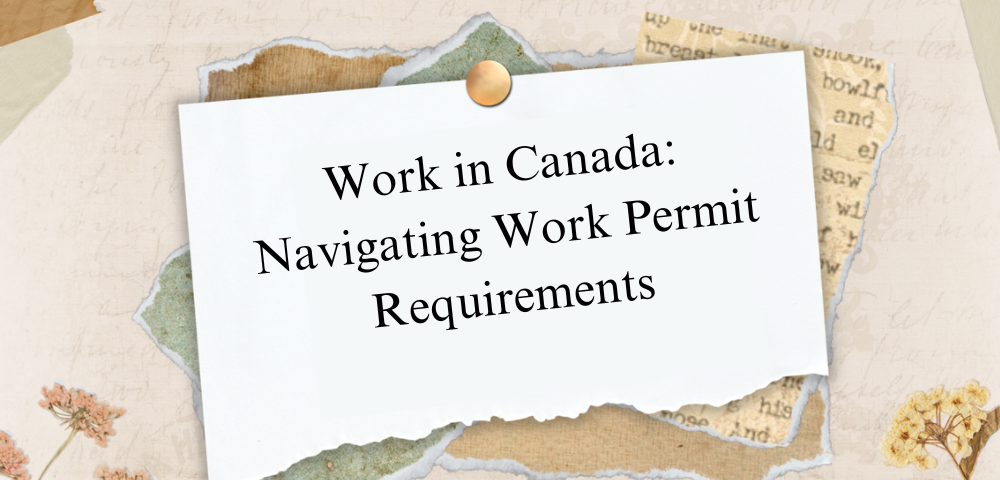
Canada offers a dynamic and diverse work environment, attracting individuals from around the globe. Navigating the Canada work permit requirements is crucial for anyone looking to explore job opportunities within its borders. Understanding the eligibility criteria and the types of work permits available - including the Employer-Specific Work Permit and Open Work Permit - is key to making informed decisions. This blog simplifies the application process, focusing on eligi
bility criteria, types of work permits, the application process, and the necessary documentation. Whether you're seeking temporary employment or a more permanent opportunity, knowing the steps to secure a work permit will help pave the way for a fruitful career journey in Canada, aligning with its diverse and dynamic labor market.
The Canada work visa requirements ensure that individuals entering the country for work purposes contribute positively to the Canadian economy. By understanding these requirements, you can avoid delays and potential refusals in the application process. Whether you plan on staying in Canada for a short-term job or aim to work toward permanent residency, meeting the necessary criteria will smooth the way for your career.
Before beginning the application process for a Canadian work permit, it’s essential to understand the eligibility criteria that individuals must meet to be considered. These criteria ensure that applicants are well-suited for entry into Canada’s labor market and contribute positively to the economy.
Key factors include:
Canada provides two primary types of work permits: Employer-Specific Work Permits and Open Work Permits.
The application process for a Canadian work permit involves several steps, starting with determining the right type of work permit based on eligibility. Once the permit type is confirmed, applicants must gather the necessary documentation, complete the online application form, and submit supporting materials. Depending on the type of work permit, additional steps such as providing biometrics or attending an interview may be required.
Proper documentation is essential for a successful work permit application. Required documents typically include:
Processing times for work permits vary based on factors such as the applicant's country of origin and the completeness of their application. To improve your chances of success, ensure that all documentation is accurate and up to date.
Stay informed about any changes in Canadian immigration policies, and align your application with the needs of Canada’s labor market. With the proper preparation, securing a Canadian work permit is a vital first step toward building a successful career in Canada. For expert assistance with your work permit application, trust IVC Services to guide you through the process.